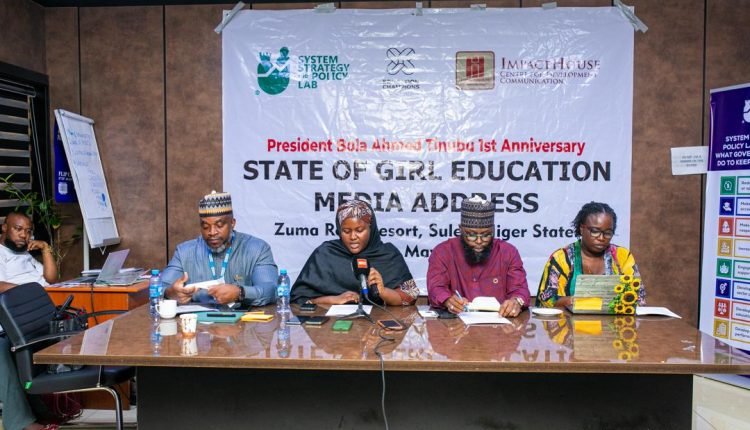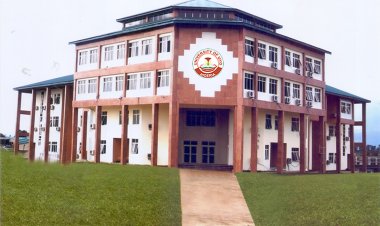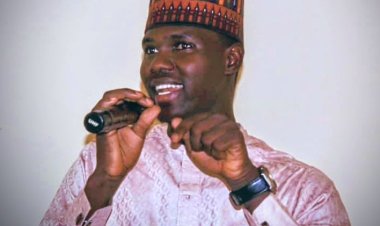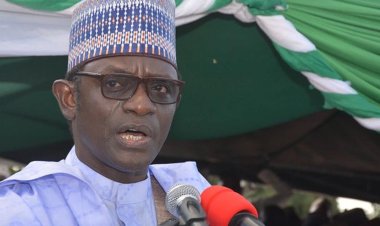Stakeholders Urges Government to Prioritize Girl Child Education
Stakeholders in the education sector gathered in Nigeria’s capital, Abuja, to strategize on improving the standard of education in the country, with a particular emphasis on girls’ education. They identified out-of-school children, learning poverty, security and safety of schools, and education financing as the primary challenges hindering effective girls’ education in Nigeria.

Stakeholders in the education sector gathered in Nigeria’s capital, Abuja, to strategize on improving the standard of education in the country, with a particular emphasis on girls’ education.
The workshop, which centered on the state of girls’ education in Nigeria, saw the assembly of a coalition of both international and local civil society organizations. The group collectively asserted that “education is the cornerstone of any prosperous society, and it is key to unlocking the potential of individuals and communities alike.”
RECOMMENDED: Group Provides Menstrual Kits to Female Students in Delta Schools
Bukky Shonibare, the Founder of Invictus Africa, addressed the gathering, stating the need for President Tinubu to mobilize, facilitate, and coordinate State Governments to align with his commitments to education as outlined in the ‘Education for Renewed Hope’ initiative.
Shonibare identified out-of-school children, learning poverty, security and safety of schools, and education financing as the primary challenges hindering effective girls’ education in Nigeria. She urged, “President Bola Tinubu and all State Governors to prioritise girls’ education in the agenda,” while also commending President Tinubu for his consistent public commitment to education, particularly girls’ education.
SEE ALSO: Lady Celebrates as Business She Started With NYSC Allowance Expand Into Full Brand
Charles Usie, the Country Director of PLAN International, expressed concern over the declining knowledge of teachers in public schools across the country, revealing that many teachers have not received any training or retraining in the last five to six years
Usie advocated for the inclusion of funds in the education budget to cater to the welfare, recruitment, and continuous training of teachers. PLAN International also criticized the rate at which State Governments owe teachers.
READ MORE: Education is Not Only About Teaching, Learning -Lagos Commissioner
Dr. Murtala Mohammed, the Executive Director of System Strategy and Policy Lab, emphasized the importance of focusing on girls’ education to bridge the enrollment gap. He stated, “When you educate the girls, it improves their wellbeing, maternal mortality will reduce, family Income increases, it will also increase their political participation and in turn get them involved in critical decision making.”
Halima Yusuf, a girl child education advocate from Kano State, Northwest Nigeria, shared her experience and stressed the need to ensure that every girl in Nigeria has access to free, safe, and quality basic and senior education.
SUGGESTED: Education: House of Reps Urges Curriculum Review for Nigerian Schools
She lamented, “Because the government only covers the National Examination Council (NECO) fees for those who pass these exams, those who do not pass carry the burden of paying #26,000. This fee, which is often too high for the families to afford, leads many girls to drop out of school.”
The stakeholders concluded by urging governments at all levels to make basic schooling up to Senior secondary free, fund more schools, and ensure that every school is a safe place for learning.

 c.Blessing
c.Blessing 



